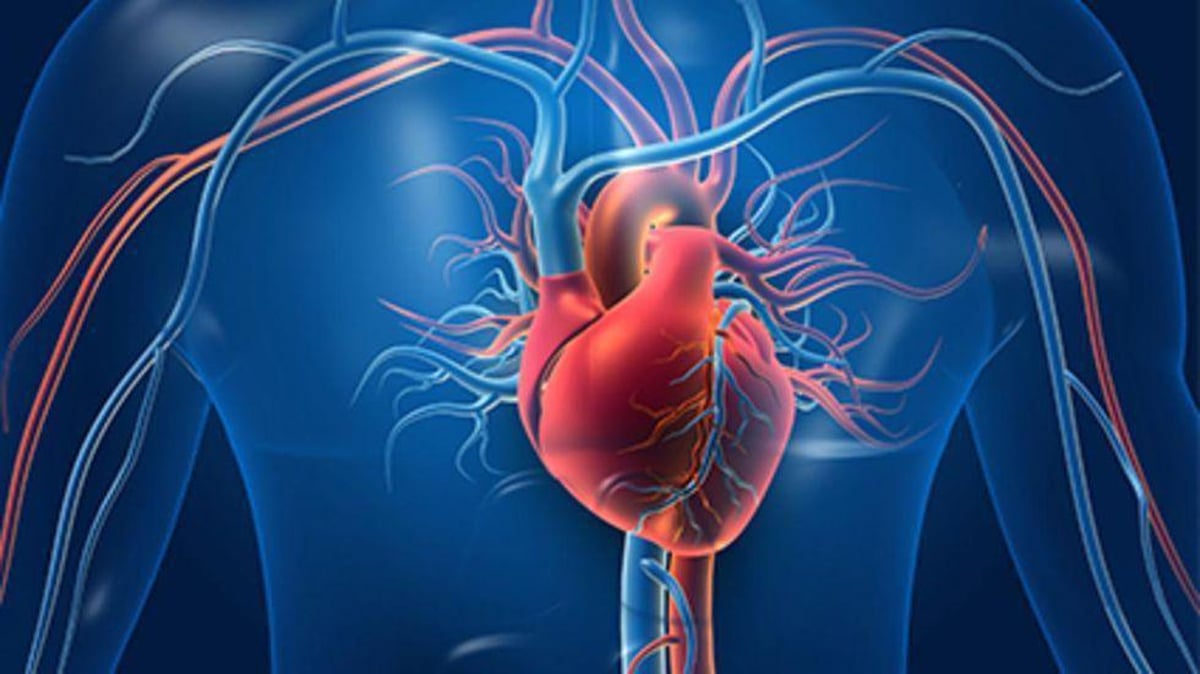Addition of Icosapent Ethyl Cuts CV Risk in Patients With Prior PCI

THURSDAY, March 24, 2022 (HealthDay News) -- The risk for cardiovascular events is reduced in statin-treated patients with elevated triglycerides and a history of percutaneous coronary intervention (PCI) who receive icosapent ethyl, according to a study published online March 2 in the Journal of the American Heart Association.
Benjamin E. Peterson, M.D., M.P.H., from Harvard Medical School in Boston, and colleagues conducted a post-hoc analysis focused on a subset of patients enrolled in the multicenter Reduction of Cardiovascular Events With Icosapent Ethyl-Intervention Trial (REDUCE-IT). All patients included in the post hoc analysis had a prior PCI, had been treated with a stable dose of statins for at least four weeks, and had low-density lipoprotein cholesterol <100 mg/dL and fasting triglycerides 135 mg/dL to 499 mg/dL. A total of 8,179 patients randomly assigned to either icosapent ethyl or placebo in REDUCE-IT were followed for a median of 4.9 years; 41.7 percent (3,408 patients) had a prior PCI, with a median follow-up of 4.8 years and were randomly assigned a median of 2.9 years after PCI.
The researchers observed significant reductions in the primary composite end point of cardiovascular death, nonfatal myocardial infarction, nonfatal stroke, coronary revascularization, or unstable angina requiring hospitalization, as well as in the key secondary composite end point of cardiovascular death, nonfatal myocardial infarction, or nonfatal stroke among patients treated with icosapent ethyl versus placebo (hazard ratios, 0.66 and 0.66, respectively). Large reductions were also seen in total coronary revascularizations and revascularization subtypes. A significant reduction in total events was also seen (rate ratio, 0.61).
"Icosapent ethyl has the potential to benefit a large proportion of these patients, including those with a history of prior PCI," a coauthor said in a statement.
Several authors disclosed financial ties to the pharmaceutical and health care industries.
Related Posts
Food Allergy Tied to Lower Risk for SARS-CoV-2 Infection
THURSDAY, June 9, 2022 (HealthDay News) -- Asthma is not associated with higher...
Malaria Cases in Florida, Texas Are First U.S. Spread in 20 Years
TUESDAY, June 27, 2023 (HealthDay News) -- Public health officials are warning...
Historical Redlining Linked to Risk for Heart Failure in Black Adults
WEDNESDAY, July 19, 2023 (HealthDay News) -- Among Black Medicare beneficiaries,...
